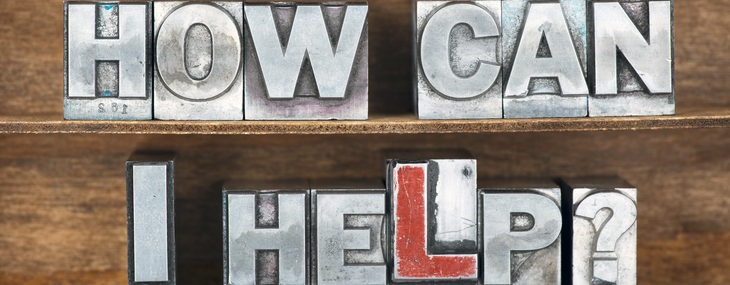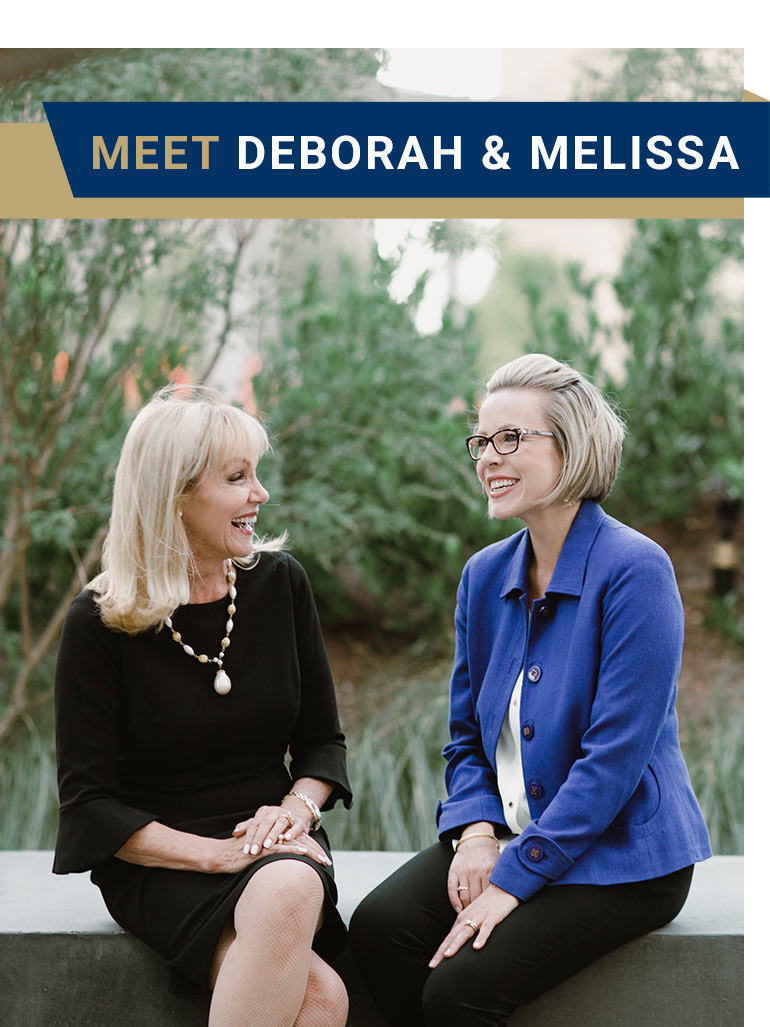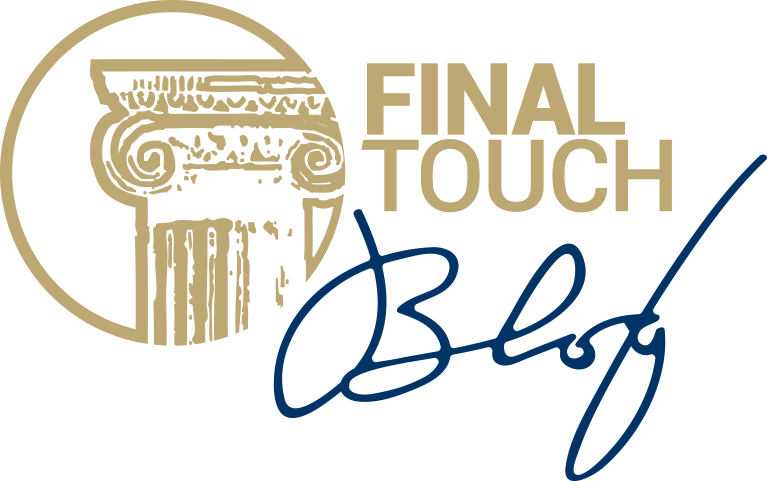
Civility is Not Dead
For years, the future of civility in America appeared bleak. Countless news stories documented the death of civility in our country, citing dirty politics, dramatic polarization, online bullying, road rage, increased narcissism, the inability to share viewpoints without being attacked, and a general disregard for other people. Not surprisingly, a 2017 survey on Civility in America by Weber Shandwick, Powell Tate, and KRC Research found that 75% of Americans believe incivility has risen to crisis levels.
And then Hurricane Harvey hit. For days, rain pounded the Texas coastline, flooding homes and devastating communities. It was one of the worst storms the United States has ever experienced. Rising waters cut off any hope of escape, and social media feeds filled with desperate pleas for help.
As a long-term Texas resident, everyone I know has a friend or family member personally impacted by Hurricane Harvey. Dear friends were trapped in their Houston home by the rising waters, stranded with a newborn daughter and two small boys. While their social media posts left many of us feeling helpless, one brave friend resolved to help. Not knowing what he would encounter, the friend hooked up his boat and drove 295 miles determined to get this family to dry land. Thankfully, he was successful and the family was safely rescued.
The best news? This act of civility and heroism was not unique. The ongoing hate and division that had captivated social media were replaced with countless images of kindness and cooperation. We watched streets fill with boats containing self-appointed volunteers searching for anyone in need of help. We saw endless posts by heroes opening their homes to anyone in need: “I have one bedroom that can sleep 4,” “I have 2 bedrooms that can sleep 6,” and “my family room is open to those in need.” We witnessed people from around the world donate time and resources to total strangers. Every person mattered.
Our collective response to Hurricane Harvey proves that civility still matters to the American people. The same study that found America is in a civility crisis, also reported that 75% of Americans would be willing to personally set a better example by practicing civility. Following the storm, we did just that; we put civility in action by treating others with respect. We did not focus on political party, ethnic background, skin color, religion, or any other affiliation. Our hearts united around a common theme: you are a fellow human being, and I must do what I can to help.
The tragedy in Texas continues to unfold as Hurricane Harvey victims process unimaginable loss and face a long road to recovery. Meanwhile, active wildfires devastate the Western U.S., and Hurricane Irma heads towards Florida after decimating the Caribbean. Our work is nowhere near done. However, the innumerable selfless acts of humanity following Hurricane Harvey deeply encouraged not only me, but every person who witnessed or experienced the tremendous outpouring of kindness and generosity.
What if we each did our part to keep civility in action beyond a tragedy? What if we committed to embracing civility as part of our daily life? Civility begins with me, in my home, at my job, with every person I encounter. While I am not responsible for doing everything, I am responsible for doing something. Will I lead with kindness—even if I am the only one? Will I resolve (not mask) my differences with others respectfully, and choose to seek common ground? Will I publicly share photos, stories, and posts that uplift and encourage? When I see a need, will I ask, “how can I help?”
Civility is not dead in America. We are its lifeline, and we are more powerful than we realize.
“Civility knows no boundaries. It speaks every language, crosses every time zone, thrives in every culture, connects with every generation, is available to every person, and improves every situation.” ~ Deborah King
How do you want to be remembered?™



0 Comments